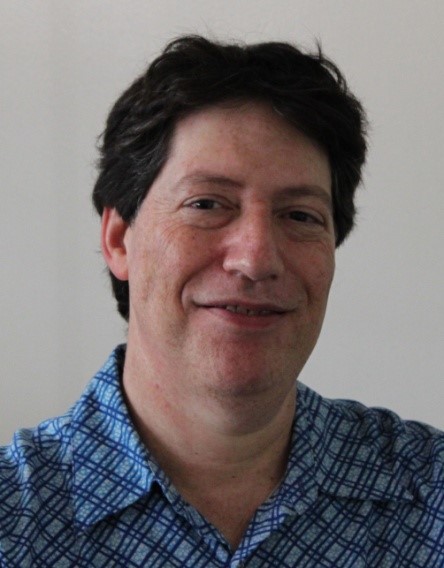Richard Gross, Rensselaer Polytechnic Institute – Recyclable By Design
 On Rensselaer Polytechnic Institute Week: Plastics that degrade naturally could be a lifesaver for our planet.
On Rensselaer Polytechnic Institute Week: Plastics that degrade naturally could be a lifesaver for our planet.
Richard Gross, professor in the department of chemistry and biology, looks into how to get there.
Professor Gross received his Ph.D. from ‘Brooklyn Poly’ (Polytechnic University) working on Polymer Stereochemistry (synthetic chemistry) and then performed postdoctoral research with Robert Lenz at UMASS Amherst on the synthesis/properties of polyhydroxyalkanoates (i.e. bacterial polyesters).
His research is motivated by the urgent need to develop sustainable chemicals and materials to meet the demands of a rapidly rising global population while mitigating risks of increased green-house gas emissions asociated with climate change. Gross is focusing the groups inventiveness on research that has the potential to revolutionize the way we synthesize next-generation chemicals and materials as well as improve human health. For this purpose, the group is combining the best chemical and biocatalysts to develop efficient green routes to low molar mass molecules, polymers and materials. He is also applying green chemistry principles to develop next-generation therapeutics. For this, we look to nature for tailorable bioactives and use a variety of tools to create matrices for tissue engineering and bioresorbable biomaterials. The result of our emphasis on implementing green chemical principles is the development of synthetic routes that operate under mild reaction conditions (e.g. low temperature, ambient pressure, avoid toxic reagents) that increase worker safety, improve reaction efficiencies (i.e. atom economy) while avoiding protection-deprotection steps. By working this way we increase the chance that we develop will be scalable and used.
Recyclable By Design
Synthetic plastics are made from oil. A fact that poses a number of problems. They aren’t easily degraded by microbes. Furthermore, only 10% of disposed plastic are re-used. But even worse, they are often down-cycled, lowering their value. Disposed down-cycled products then enter landfills, where they remain for hundreds of years.
We desperately need plastics that have the performance benefits of synthetic materials, but that can be broken down by safe and mild processes to their original building blocks for reuse.
My lab is pursuing this goal through several strategies. We are developing fully bio-degradable, bio-based polymers with properties that resemble polyethylene. We have improved the efficiency of a naturally occurring enzyme that breaks down PET to its building blocks. A process that allows for multiple cycles of PET reuse as high quality PET.
And now we are extending these strategies to other high-volume synthetic plastics. For example, since polystyrene and phenol formaldehyde resins resemble natural lignin, we are using natural lignin degrading enzymes to catalyze their breakdown.
Plastic pollution is a real threat to our environment. Plastic islands have formed in our oceans and micro plastics are entering our food chain and threaten marine life. It is critical that we focus on effective options for plastic multi-cycle reuse. So that plastic waste moves from a problem to a profitable resource.


